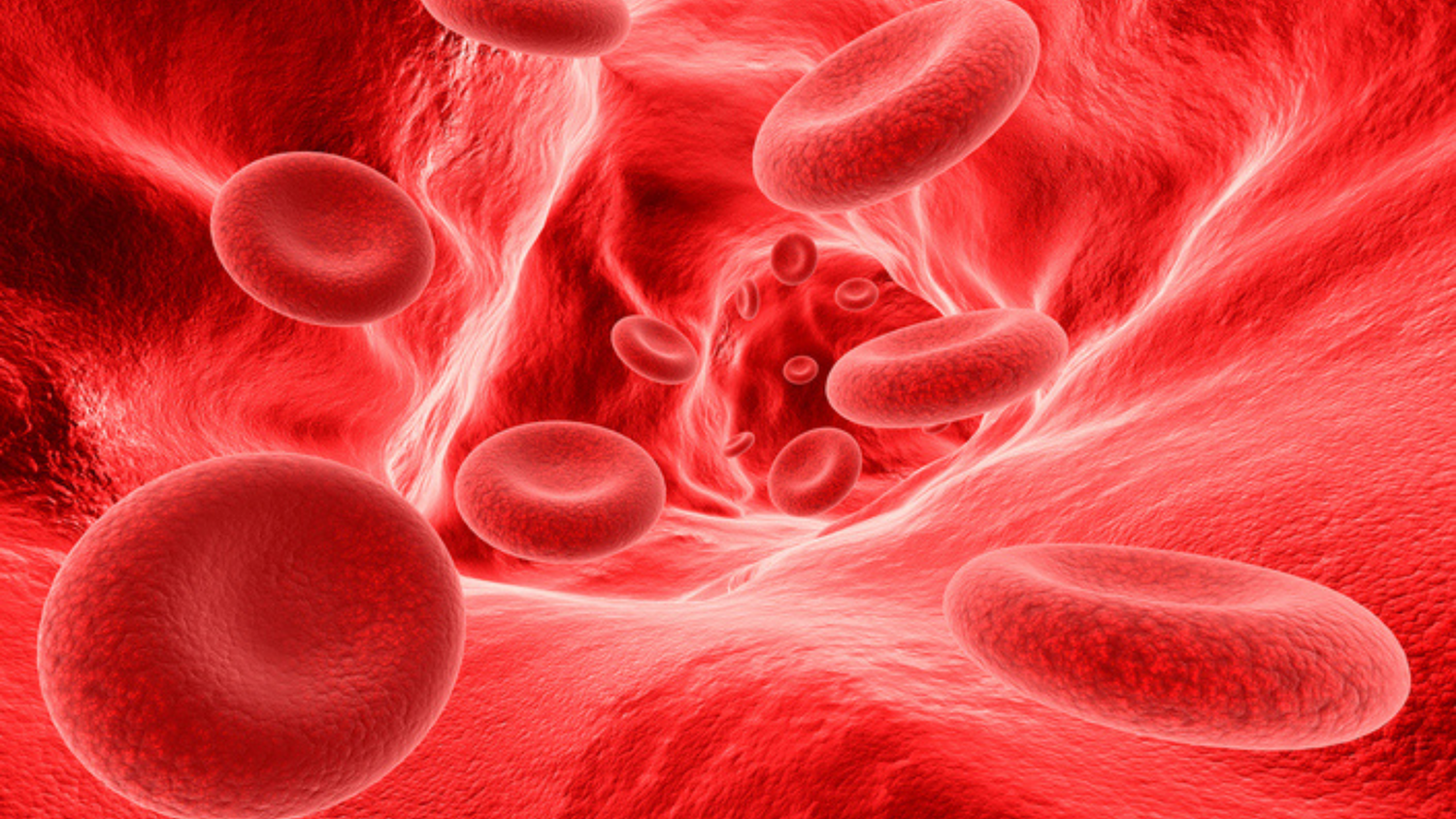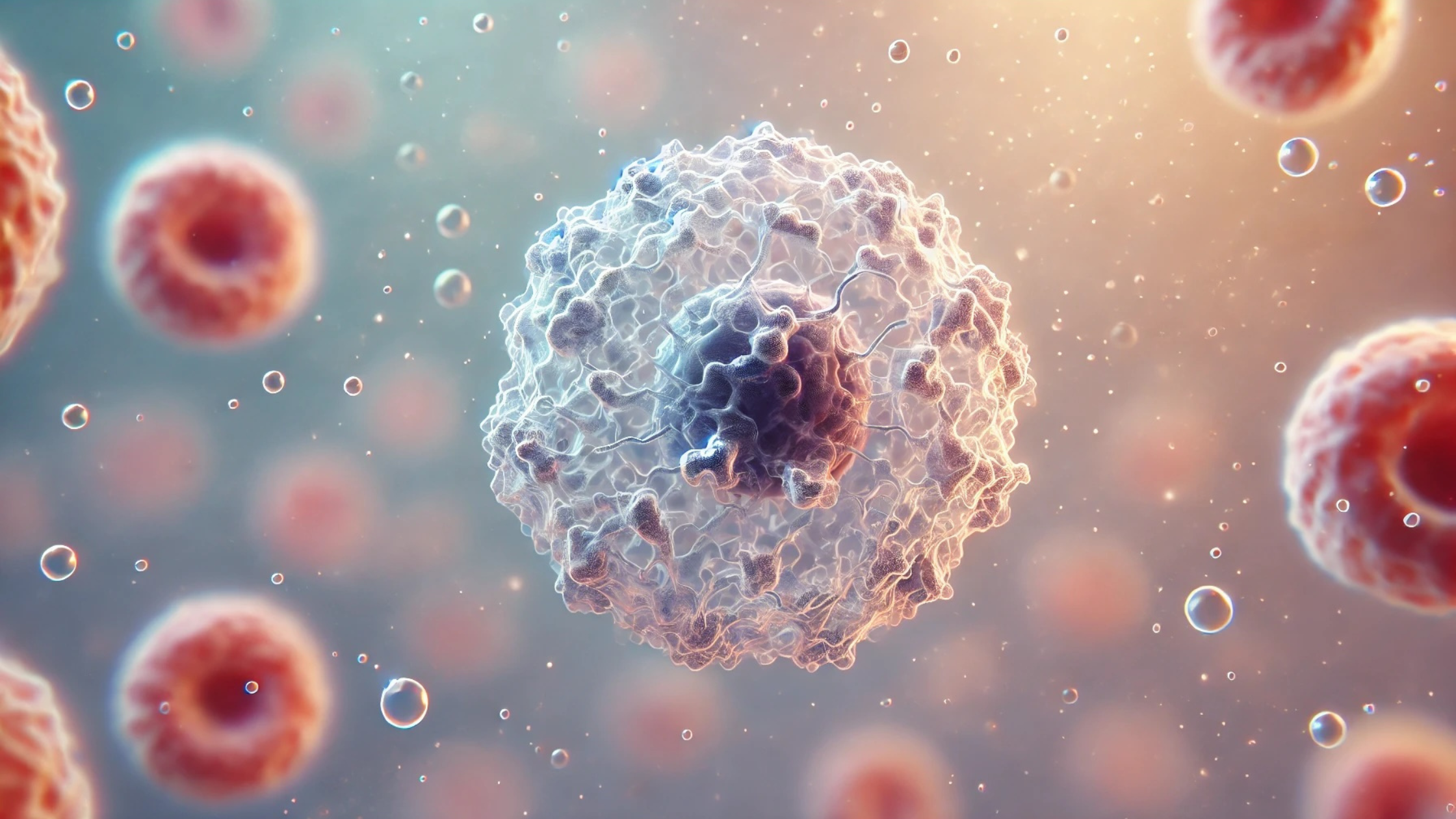Key Takeaways
- Your blood contains hundreds of proteins that reflect your biological age—and how well you’re ageing.
- Protein changes across the lifespan occur in waves, not linearly, with three distinct peaks around ages 34, 60, and 78.
- Protein signatures could become powerful tools to detect early signs of age-related diseases and promote personalised longevity strategies.
Your blood holds more secrets about your age than your birth certificate ever could. In fact, researchers can now estimate your age within just a few years—based on the proteins circulating in your bloodstream. Even more fascinating? If your “blood age” is younger than your real age, you’re likely to perform better on cognitive and physical tests.
A groundbreaking study published in Nature Medicine shows just how much insight your blood proteins can offer into how well you’re ageing—and what may lie ahead. (R)
Why Blood Proteins Hold the Key to Ageing Well
Blood is much more than a transport system. It’s a constantly circulating communication network that connects every tissue in your body. It delivers oxygen and nutrients, carries away waste, and shuttles proteins that help regulate immune function, repair tissue, and signal disease processes.

Many medical tests already rely on blood protein levels—for instance, lipoproteins for heart disease or insulin for diabetes. But what if we could go beyond disease diagnostics and use blood proteins to track your overall health and biological age?
That’s exactly what researchers at Stanford University set out to explore. (R)
The Study: Analysing Thousands of Proteins Across the Human Lifespan
In a large-scale investigation, researchers led by Drs. Benoit Lehallier and Tony Wyss-Coray collected plasma samples from over 4,000 healthy individuals aged 18 to 95. They measured the levels of nearly 3,000 proteins to identify how blood protein patterns shift with age.
Their goal? To discover whether certain proteins consistently change over time—and whether these changes can tell us more about our health than age alone.
Their findings didn’t disappoint. (R)
Your Blood Proteins Don’t Age in a Straight Line
One of the most surprising discoveries was that protein changes with age don’t follow a steady, linear pattern. Instead, they occur in distinct waves.
Three major waves of change were observed:
- Around age 34
- Around age 60
- Around age 78
Each wave involved a different set of proteins linked to various biological processes. For example, the wave around age 60 included proteins associated with cardiovascular disease, while the wave around age 78 involved proteins linked to neurodegenerative diseases like Alzheimer’s.
These protein shifts may represent biological “checkpoints,” signalling transitions in ageing-related processes. (R)
Your Biological Age Might Be Hidden in 373 Proteins
From the thousands of proteins analysed, the researchers identified a subset of 373 proteins that could accurately predict a person’s age—within just a few years. Even more compelling: people whose predicted “protein age” was younger than their actual age tended to perform better in physical and cognitive assessments.
This suggests that your blood protein profile may reveal how well you’re ageing biologically, not just chronologically. In the future, such tests could guide personalised strategies to maintain or even improve your biological age. (R) (R)

Men and Women Age Differently—Right Down to the Blood
Another key insight was that about two-thirds of age-related protein changes differed between men and women. This supports the growing understanding that men and women experience ageing—and age-related diseases—in different ways.
It also highlights the importance of including both sexes in clinical trials when developing treatments or diagnostics for age-related conditions.
This gender-specific data could help tailor future health interventions based on sex-specific ageing patterns. (R) (R)
What Makes These Protein Waves So Significant?
Each wave of protein changes identified in the study is associated with different biological functions and potential disease risks. Let’s break them down:
Wave 1 (Around 34 years)
Linked to early adult physiological changes, possibly including hormonal shifts and metabolic recalibrations.
Wave 2 (Around 60 years)
Included proteins previously associated with cardiovascular disease, inflammation, and metabolic disorders.
Wave 3 (Around 78 years)
Contained proteins connected to Alzheimer’s disease, neurodegeneration, and immune system changes.
By identifying these peaks, researchers may be able to pinpoint vulnerable periods in life when certain age-related conditions are more likely to emerge—and intervene early. (R)
What Could This Mean for Future Health Testing?
Imagine going to your doctor for a routine check-up and receiving not just a cholesterol reading, but a comprehensive breakdown of your protein signature—revealing your biological age, inflammation markers, and even your risk for future diseases.
While we’re not there yet, this research opens exciting doors:
- Earlier detection of age-related diseases like Alzheimer’s, before symptoms appear.
- Personalised therapies tailored to your biological age, not just your birthday.
- New longevity treatments targeting the specific proteins involved in each wave of ageing.
And because this analysis can be done with a simple blood test, it has the potential to become an accessible tool for health monitoring across the lifespan. (R)
Your Blood Is a Roadmap to Longevity
Your blood is more than a diagnostic tool—it’s a window into how you’re ageing and a guide for optimising your health. This study is a powerful reminder that age isn’t just a number. It’s a biological process that can be measured, understood, and potentially improved.
As science continues to explore the fascinating landscape of protein signatures and ageing, the dream of living longer with vitality and clarity feels more achievable than ever.
And while we await future breakthroughs, you can still support your healthy ageing journey today—with regular movement, a colourful diet, restful sleep, and a lifestyle that nourishes both body and mind.
Ready to uncover how your blood could reveal your true biological age? Read our blog: The Best Tests for Longevity and Life Expectancy.





